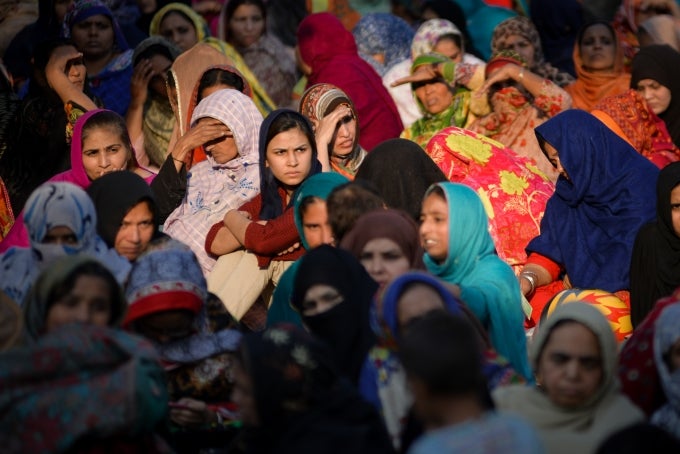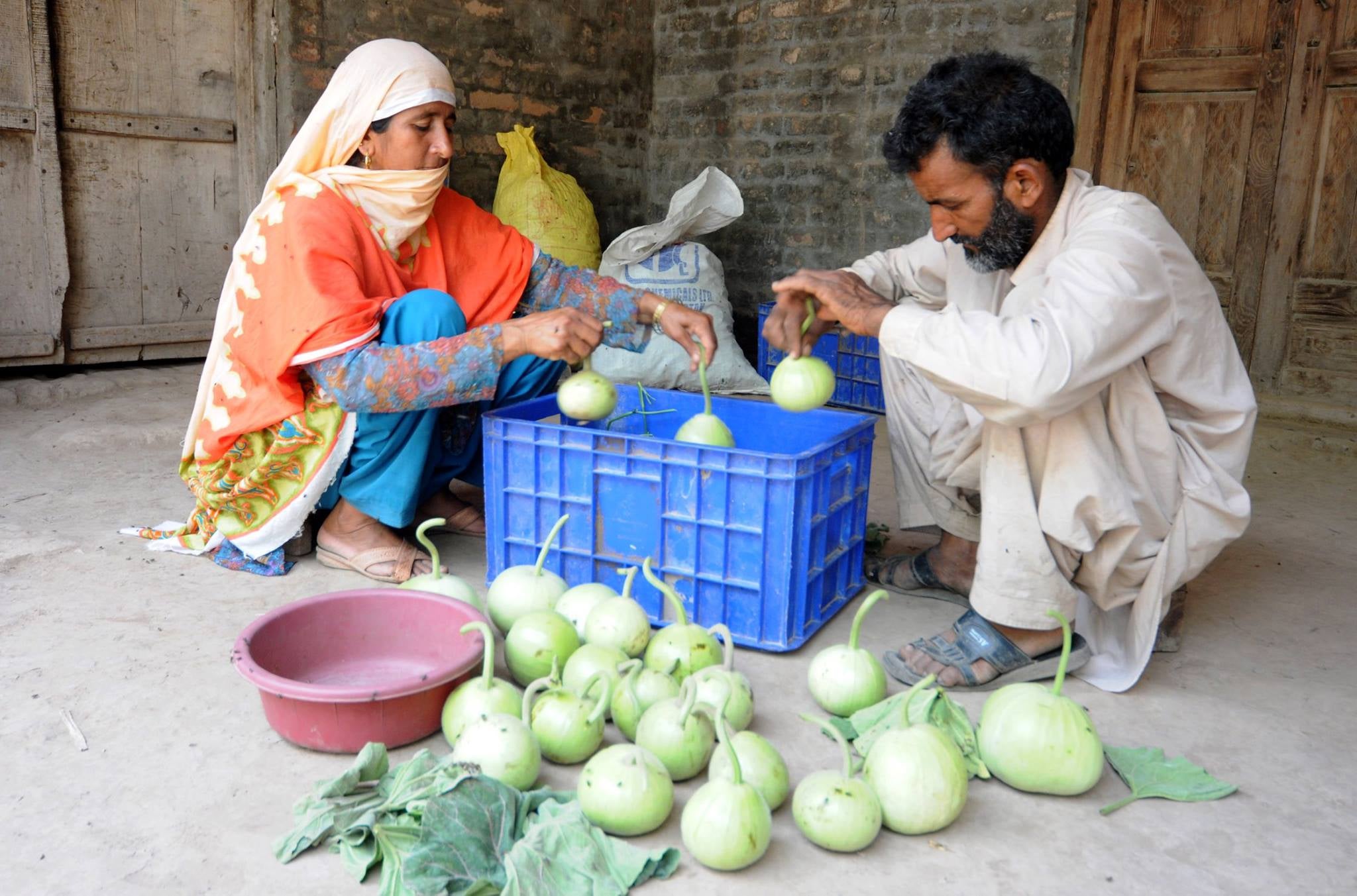
This blog is part of a series examining women’s economic empowerment in South Asia.
In patriarchal societies—as in most of Pakistan—men exert much influence over the lives of their female relatives and almost always have exclusive control over household income.
Having a supportive father or husband is therefore critical for women and determines their choices and work opportunities , especially outside the home.
Conversely, men reluctant to see women in the workplace can derail progress toward greater participation of women in the labor force.
As part of the Women in the Workforce study, we interviewed a purposively selected group of men in Karachi, Lahore, Quetta, and Peshawar on their thoughts on women’s work outside the home .[1]
Despite the constraints of a purposive sampling technique, a few broad themes emerged from these interviews that can be relevant to anyone advocating for women’s economic empowerment.
As anywhere in the world, men’s attitudes toward women’s work were varied.
Some men we spoke to expressed support for women’s work for economic gain.
The most common reason was the urgent need for a double income to maintain the household’s living standards in a fast-changing economy .

A finance manager of a local NGO in Quetta explained that the additional income brought in by his wife, a part-time teacher, improved their household’s ability to save and invest in the education and health of their children.
Some men believed women should work to take advantage of their education or skills. “What is the point of educating our daughters if we expect them to sit at home when they are old enough to work,” said a small business owner from Peshawar.
Only a handful of men acknowledged women’s right to work, whether or not their families needed the extra income .
Most interviewed men were only willing to accept women in their family working to overcome financial stress, rather than for personal satisfaction, career or social recognition.
These men favored home-based work for women as well as jobs in education and health because of the perceived compatibility of these fields with women’s presumed caring inclinations. They also felt that such professions require less interaction with non-family men, making them more culturally appropriate for women.
A salesman in Peshawar reflected this attitude: “Women with an interest in engineering should be pushed towards other fields or home-making, which will serve them better in their married lives .”
Following the same logic, jobs in the development or corporate sectors that require regular interaction with non-family men and frequent travel were not deemed appropriate for women.
Resistance to women’s work often stemmed from men’s bias toward traditional gender roles, as well as the perceived threat that working women represent to the social status quo,
A small business owner in Peshawar, emphasized the primacy of women as caregivers, “One can always hire someone to wash the dishes, but can the same be done for raising kids, which is the most important function within any society.”
In a similar vein, men voiced concern for the social opprobrium that could result if women were seen to be focusing on roles other than caregiving.
A business owner from Peshawar expressed this perceived threat: “Free mixing of the sexes is encouraged in modern workplaces, but in our culture, this may lead to social problems.”
Inflexible as it may sound, this view has been reiterated in subsequent qualitative sessions by urban women who are interested in working but are dissuaded by male family members because of their misperception of modern workplaces.
The finance manager from Quetta revealed his discomfort in rebalancing authority, declaring that he should have the last say in important decisions as he “provided for the household while [his wife] only provided for herself.”
To maintain the strict division of household roles that kept this authority intact, the men interviewed insisted that they cannot share in the burden of housework, as this would entail a loss of respect among friends and because they have no training in such tasks.
Interviewed men also mentioned institutional gaps that are seen to compromise the safety and dignity of working women, such as limited safe public transport options, sexual and other harassment in public and at work, and the dearth of women-friendly public amenities (for example, gender-segregated toilets).
These institutional barriers to women’s work may be the best areas for “quick-win” policy solutions, helping to garner men’s support for women’s work outside of the home. But this may only go so far unless both men and women accept and encourage an alternate system, in which household decision-making authority, domestic responsibilities, and economic opportunities are more equitably shared.
Addressing current attitudinal barriers to gender equality is of paramount importance and will require investments in long-term behavior change , such as early school-based interventions that instill more equitable values on gender at an early age.
Without engaging men and boys, many women may continue to struggle for the freedom to choose how, when, and where to engage in Pakistan’s increasing economic opportunities.



Join the Conversation